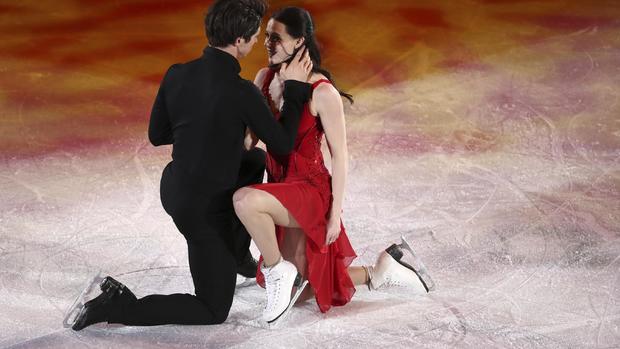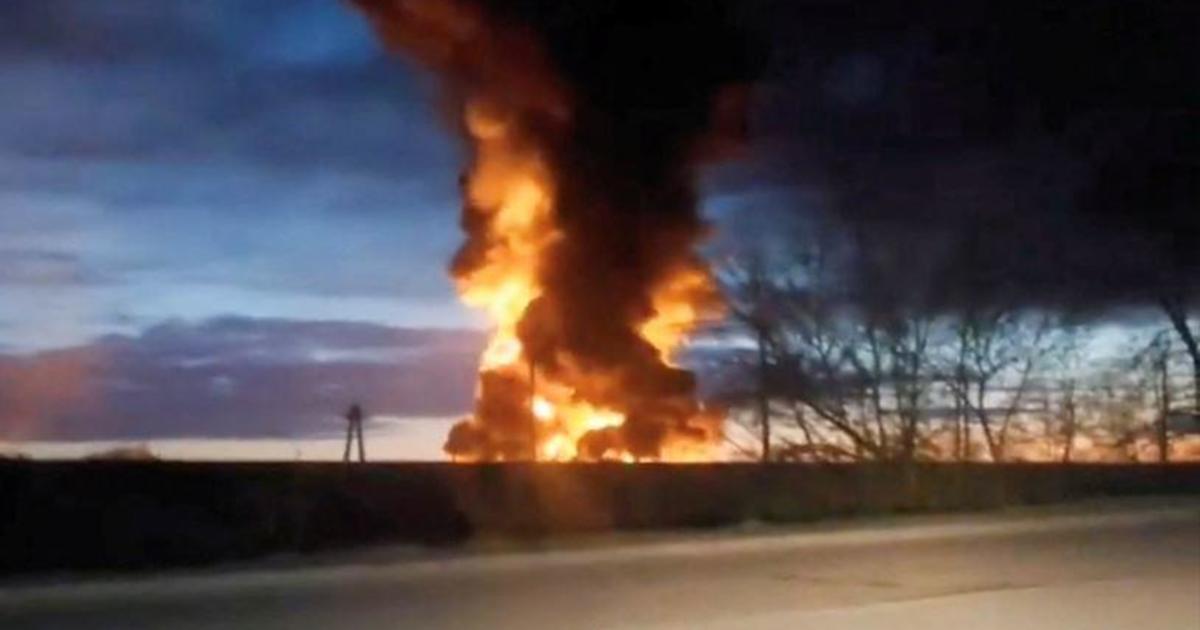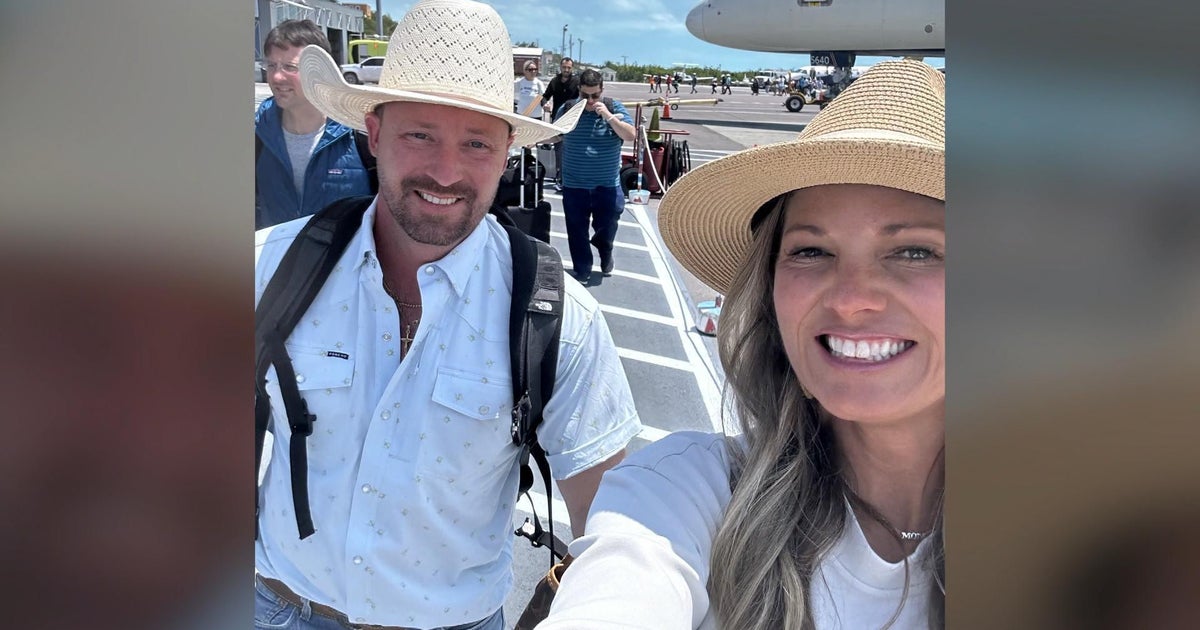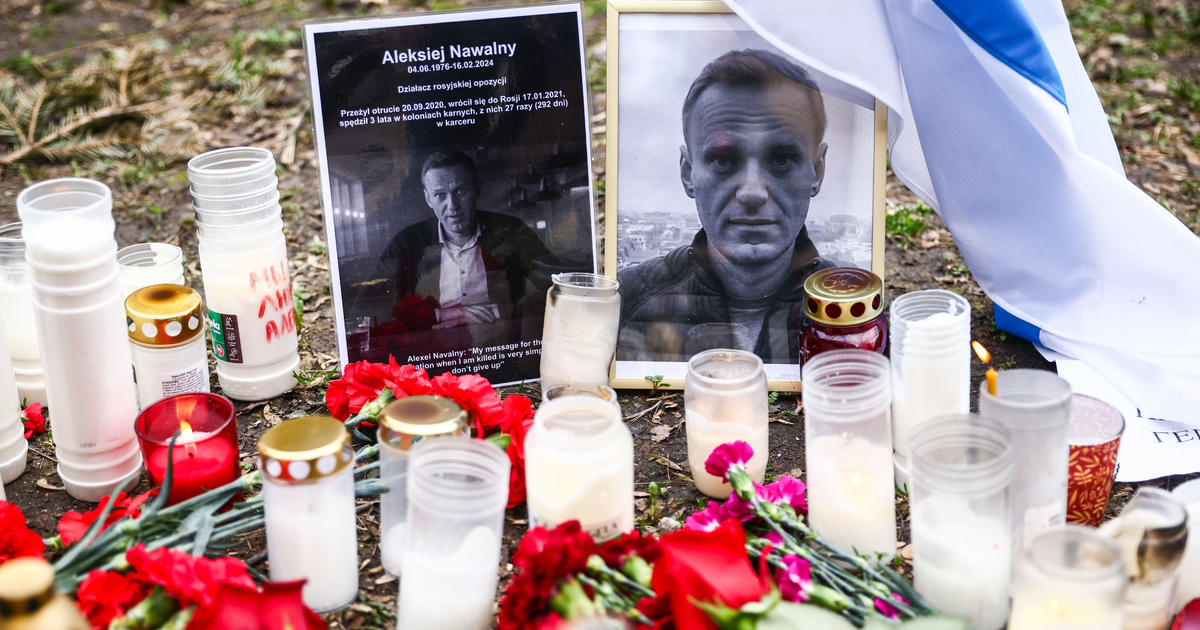Doping allegation against curler puts spotlight on Russian Olympians
PYEONGCHANG, South Korea -- It's not a sport where you're hurtling down a mountain at 70 miles an hour, or flying 60 feet above an icy jump. Instead, curling requires slow precise movements where a granite rock is swept down the ice.
That's why reports that Russian curler Alexander Krushelnitsky may have used the banned substance Meldonium have sent shock waves through the Olympic Village.
His coach immediately dismissed the claims, saying there's no advantage to doping in curling. So why do it?
Meldonium increases stamina and has been banned since 2016. It's the same drug that tennis player Maria Sharapova was caught using. A lab in Seoul will double check the test, but reaction from Krushelnitsky's fellow curlers was swift.
"We're trying to make the sport as clean as possible," said Mark Kennedy, a Canadian curler. "There's no place for it in the Olympics for cheating and doping."
Russia was banned from these games because of its state-sanctioned doping program during the 2014 Sochi Olympics, and the Russian athletes cleared to compete here had to undergo rigorous vetting and wear uniforms without their country's flag.
They had been hoping to march with the Russian flag for the closing ceremonies, but that's now in jeopardy too. The International Olympic Committee's decision to allow any Russian athletes to compete in these games is now under fire. Pressed on that move in Pyeongchang, a spokesperson for the IOC said having no athletes who dope is unrealistic. He added it would be like doing away with burglary or murder.
Olympic officials say there won't be a hearing on Krushelnitsky Tuesday.





